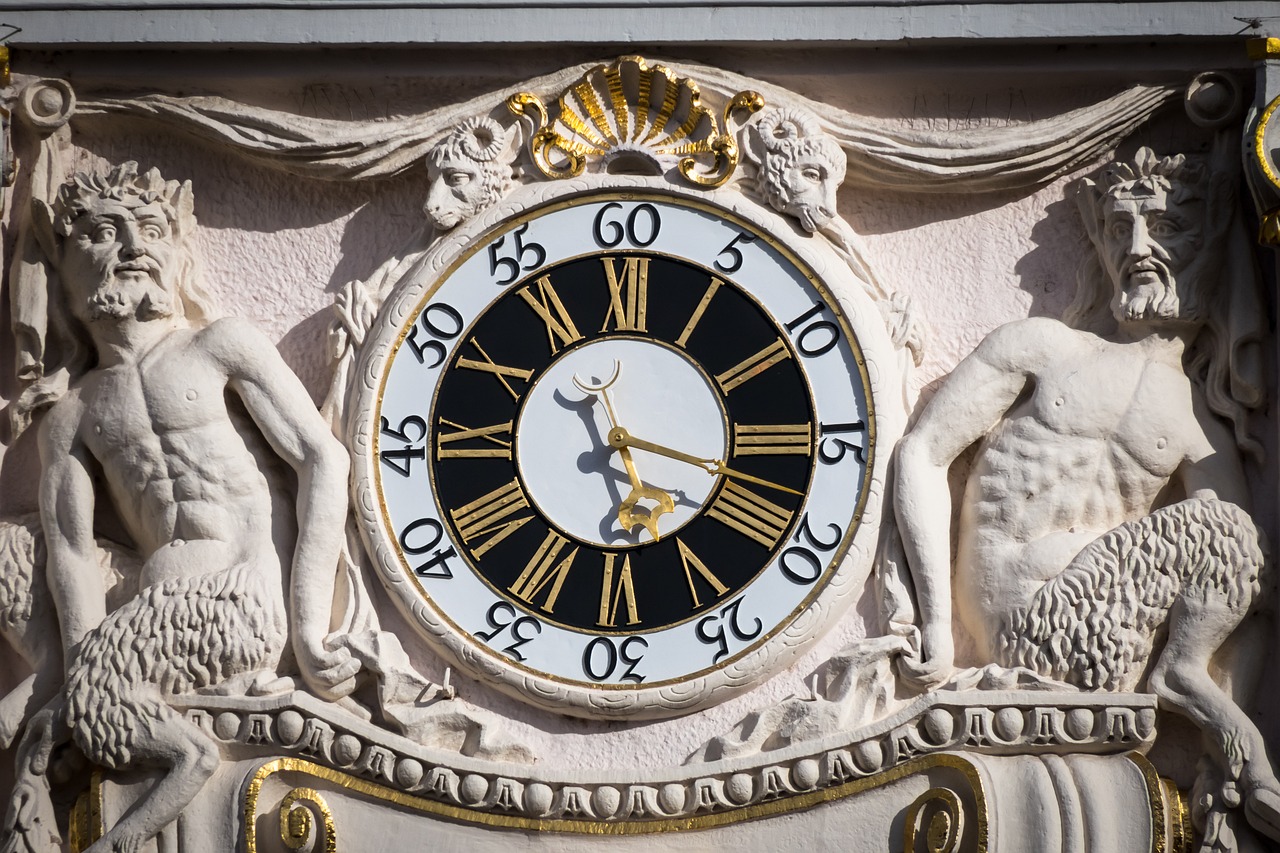In the Roman calendar, the yearly timeline included three distinctive days for each month: the Kalends, Nones, and Ides. The “Kalends” marked the beginning of the month, and this term is the root of the modern word “calendar”. The “Nones” signified earlier days within the month, tracing its origins to the word for “nine”, as it fell on the ninth day prior to the Ides, typically landing on the 5th, 6th, or 7th day. Lastly, the “Ides” was positioned in the middle of the month, often on the 15th, although it could occur earlier in some months.
In ancient Rome, the “Nones of December”, occurring on December 5, ushered in the Faunalia, a festival dedicated to Faunus. In Roman lore, Faunus, the grandson of Saturn, fathered Latinus, who is credited with establishing the Latin civilization in west-central Italy around 1300 BC. Latinus’ lineage led to the marriage of his granddaughter Lavinia to Aeneas, a Trojan prince. Their descendants later became the founders of Rome itself.
Faunus is frequently depicted as a satyr—a mythical being that is half-human and half-goat—rooted in Greek mythology and known for inhabiting the wild. These satyrs were commonly linked to Dionysus, the god of wine and revelry, sharing a notorious reputation for their mischievous and lustful behavior. Yet, according to legend, Faunus initially appeared as a regular human man, despite his divine ancestry. Esteemed for his bravery and wisdom, Faunus erected a temple to the Greek god Pan on Palatine Hill, leading to the merging of his identity with that of Pan in later tales. Faunus married a woman named Marica, possibly a sister, and they had a son named Latinus. Upon his death, Faunus was revered for his kindness and pastoral inclinations, earning him divine status amongst his followers, while Marica remained celebrated for her loyalty and purity.
Faunus’ connection to nature may have fostered his association with divine spirits of the wilderness, ultimately culminating in his depiction as a satyr. His role as a guardian of agriculture and livestock paralleled Pan’s attributes, reinforcing this perception.
As winter enveloped the people, firewood became essential for warmth. However, these resources resided in Faunus’ forests, a domain he fiercely protected. Individuals who disregarded his boundaries to harvest wood often faced dire repercussions. Stories describe Faunus as a mischievous entity, capable of unleashing chaos on farms or inducing nightmares upon those he disliked.
Despite the necessity for firewood, preserving goodwill with Faunus was crucial for shepherds to safeguard their sheep and goats during winter. Thus, on December 5, offerings were made to Faunus to seek his favor. Rituals included burning incense at altars, pouring wine libations, and sacrificing baby goats, fulfilling ancient traditions that honored this woodland deity.
The famed Roman poet Horace highlighted that December 5 was recognized as a public holiday, emphasizing that work ceased on this day. One excerpt reflects this celebration:
“O Faunus, thou lover of the flying nymphs, benignly traverse my borders and sunny fields, and depart propitious to the young offspring of my flocks; if a tender kid fall [a victim] to thee at the completion of the year, and plenty of wines be not wanting to the goblet, the companion of Venus, and the ancient altar smoke with liberal perfume…”
In addition to his December 5 celebration, Faunus also had another festival observed on the Ides of February (February 13), which merits exploration at another time.



